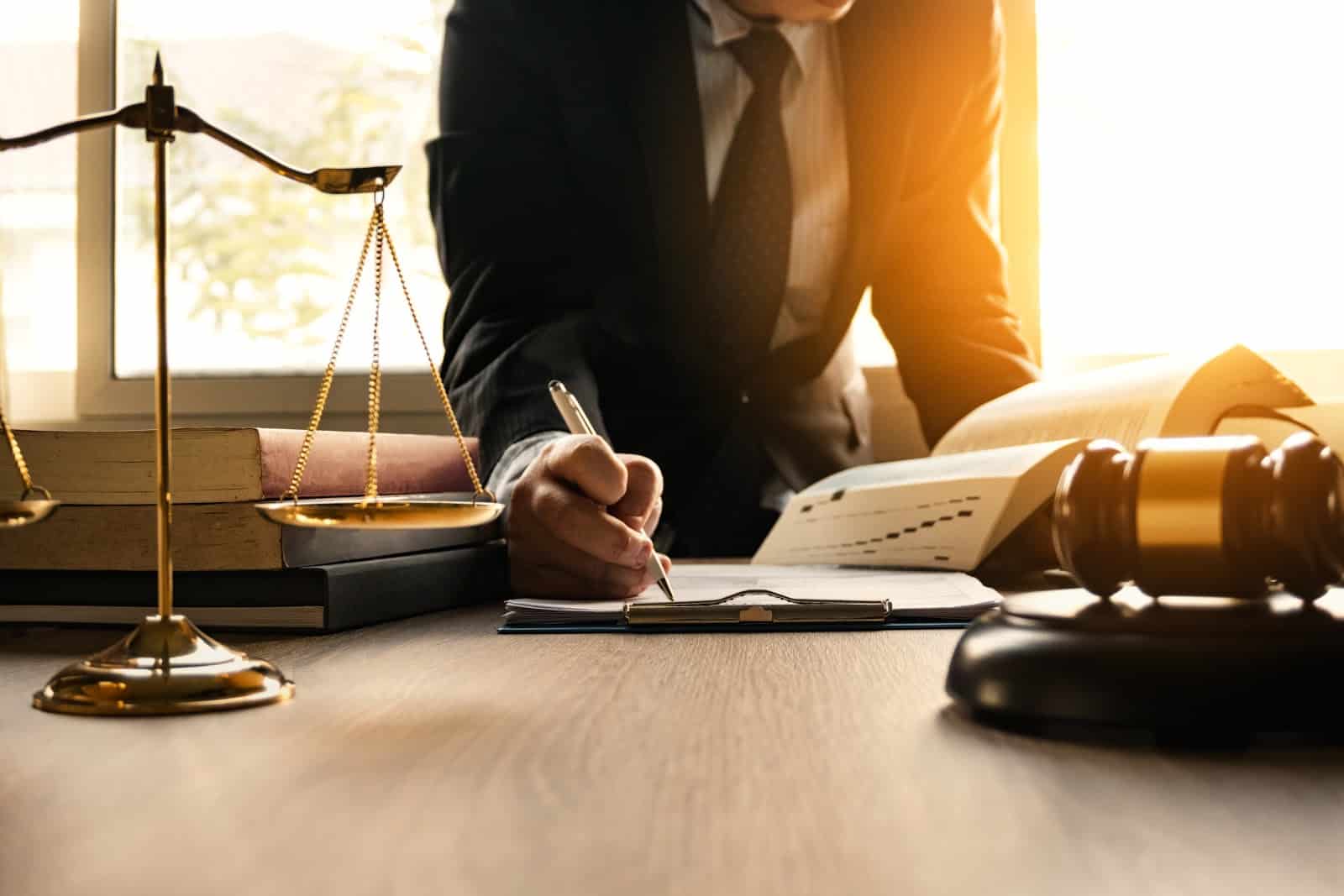
Understanding Florida Car Accident Laws
Overview of Car Accident Regulations
Navigating the aftermath of a car accident in Florida can be daunting, particularly when it comes to understanding the intricate web of regulations that governs such incidents. Florida operates under a no-fault insurance system, meaning that in the event of an accident, drivers generally file claims with their own insurance companies, regardless of who was at fault. This legislation was enacted to streamline claims and reduce the burden on the judicial system. However, it is essential to know that this does not preclude the right to pursue legal action in cases of severe injuries or specific circumstances that allow for a lawsuit against the at-fault driver. For a deeper understanding, consulting with Florida Car accident attorneys can provide crucial insights.
Florida Statutes §627.7407 describes the requirement of Personal Injury Protection (PIP) insurance, which is mandated for all drivers in the state. PIP covers medical expenses and a portion of lost wages, but it may not be sufficient for extensive damages. It is crucial for drivers to be well-acquainted with their insurance policies, as there are specific guidelines and limits attached to these coverages.
Common Legal Terms You Need to Know
When dealing with car accidents, certain legal jargons often arise, which can confuse victims and their families. Here are some critical terms to familiarize yourself with:
- Negligence: Refers to the failure to take reasonable care, which leads to accidents and injuries.
- Damages: Monetary compensation awarded to the injured party for losses incurred.
- Liability: The legal responsibility for one’s actions or inactions that cause harm to another party.
- PIP: Personal Injury Protection—a mandatory insurance coverage in Florida that pays for medical expenses and lost wages.
- Comparative Fault: A legal doctrine that determines the percentage of fault each party had in the accident, affecting potential recovery amounts.
Who Can Be Held Liable?
Liability in a Florida car accident can extend beyond just the drivers involved. Depending on the circumstances, various parties could be held responsible, including:
- Other Drivers: If another driver’s negligence caused the accident, they could be held liable for any resulting damages.
- Vehicle Manufacturers: If the accident was due to a defect in the vehicle, manufacturers may bear liability for damages.
- Employers: If a driver was on duty while the accident occurred, their employer might share in the liability.
- Government Entities: If poor road conditions contributed to the accident, a city or state agency may be liable if they failed to maintain safe roads.
Choosing the Right Attorney in Florida
What to Look for in a Car Accident Attorney
Selecting the right attorney can significantly influence the outcome of your case. Key qualities to consider when looking for a Florida car accident attorney include:
- Experience: Look for attorneys with extensive experience handling car accident cases, specifically those who understand Florida laws.
- Client Testimonials: Research reviews and testimonials from previous clients to gauge their satisfaction and the attorney’s success rate.
- Communication Skills: An effective attorney should communicate clearly and promptly, keeping you updated throughout the legal process.
- Specialization: Find an attorney who specializes in personal injury law or car accidents, as they will have the requisite knowledge and resources to advocate effectively.
Questions to Ask During Your Consultation
A consultation is an opportunity to assess not only the attorney’s qualifications but also their suitability for your case. Consider asking the following questions:
- What is your experience handling cases similar to mine?
- How do you plan to approach my case?
- What is your fee structure?
- How often will you communicate with me about my case?
- What potential challenges do you foresee in my case?
Assessing Experience and Track Records
Evaluating an attorney’s experience and track record can provide insight into their capability to deliver favorable outcomes. Consider the following:
- Successful Settlements: Look into the number of cases settled favorably by the attorney and the average settlement amounts.
- Trial Experience: Ask whether they have substantial trial experience. Many cases settle out of court, but having a lawyer experienced in court is beneficial if your case requires such measures.
- Professional Affiliations: Check if the attorney is part of professional organizations like the Florida Bar Association or other personal injury advocacy groups.
Steps to Take After a Car Accident
Immediate Actions to Protect Your Rights
The moments following a car accident can be chaotic. However, taking specific actions can protect your rights and ensure you receive fair compensation. Here’s a practical checklist:
- Check for Injuries: Ensure you and others involved are safe and call emergency services if necessary.
- Document the Scene: Take photographs of the accident scene, vehicle damage, and any visible injuries.
- Exchange Information: Collect contact and insurance details from all drivers involved, as well as any witnesses.
- Notify Your Insurance Company: Report the accident to your insurer as soon as possible, but avoid providing excessive details.
- Seek Medical Attention: Even if injuries are not immediately apparent, it is wise to get a medical evaluation.
Gathering Evidence for Your Case
Strong evidence is crucial for maximizing your potential settlements. Gather the following types of evidence:
- Accident Reports: Obtain a copy of the police report to document the accident’s official narrative.
- Medical Records: Keep detailed records of injuries, treatment plans, and any expenses incurred.
- Witness Statements: Collect contact information and statements from witnesses who can validate your account of the accident.
- Photos and Videos: Images of the scene, vehicle damage, and weather conditions can reinforce your claim.
Filing an Insurance Claim: What You Need to Know
Understanding the insurance claims process can help navigate successful outcomes. Key steps in filing a claim include:
- Know Your Policy: Familiarize yourself with your insurance policy details, including coverage limits and exclusions.
- File Promptly: Most insurance companies have strict deadlines for filing claims—typically between 30 to 60 days post-accident.
- Keep Records: Maintain meticulous records of all communications, documents submitted, and any responses from the insurance company.
- Follow Up: Actively follow up with your insurance adjuster for updates and clarifications.
Understanding Compensation in Florida Car Accidents
Types of Damages Available
Depending on the specifics of the accident, you may be entitled to various types of damages, which generally fall into two categories:
- Economic Damages: These include quantifiable costs such as medical bills, lost wages, property damage, and other necessary expenses related to the accident.
- Non-Economic Damages: These are subjective and can include pain and suffering, emotional distress, and loss of enjoyment of life. Quantifying non-economic damages can be complex, often requiring expert witness testimonies.
Calculating Your Potential Settlement
Estimating the potential settlement in your case involves several factors:
- Severity of Injuries: The extent and permanence of your injuries will significantly impact the settlement amount.
- Impact on Lifestyle: If your injuries impede your daily activities, your claim may demand higher compensation.
- Insurance Coverage: The at-fault party’s insurance coverage may limit the amount you can recover.
- Documentation: Having complete and accurate records of all related expenses and impacts will help substantiate your claim.
How Attorneys Maximize Your Compensation
Engaging a skilled attorney can substantially alter your compensation landscape in a variety of ways:
- Negotiation Skills: Attorneys typically have robust negotiation skills to advocate for higher settlements on your behalf.
- Access to Experts: Attorneys often collaborate with medical and financial experts to strengthen your case.
- Comprehensive Claims: Experienced attorneys will ensure all avenues for compensation are explored, including past and future damages.
- Litigation Support: Should your case advance to court, having an attorney ensures you have a knowledgeable advocate arguing for your rights.
Frequently Asked Questions About Florida Car Accident Attorneys
What Are Contingency Fees?
Contingency fees are a payment arrangement where an attorney only gets paid if you win your case. Typically, this fee is a percentage of the settlement or court award. This arrangement allows clients to pursue legal action without upfront costs, aligning the attorney’s interests with your success.
How Long Will My Case Take?
The duration of a car accident case in Florida can vary significantly based on factors like the complexity of the case, the willingness of the insurance company to negotiate, and whether the case goes to trial. While some cases may conclude in a few months, others may take years, particularly if they involve extensive injuries or disputes over liability.
Can I Handle My Case Without an Attorney?
While it is technically possible to handle your case without an attorney, it is not advisable, especially in complex situations. Insurance companies often employ aggressive tactics to minimize payouts. An attorney can protect your interests, ensuring you navigate the legal system effectively and receive the compensation you deserve.







